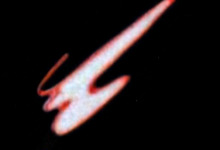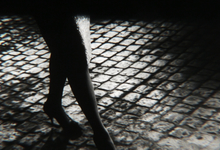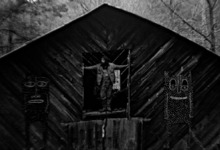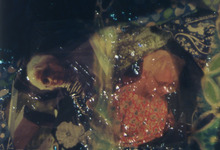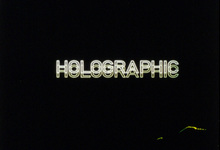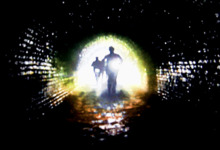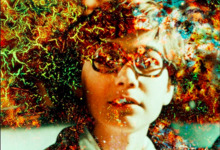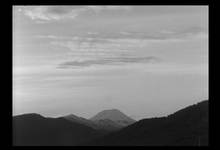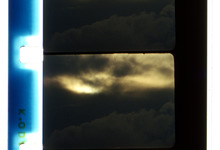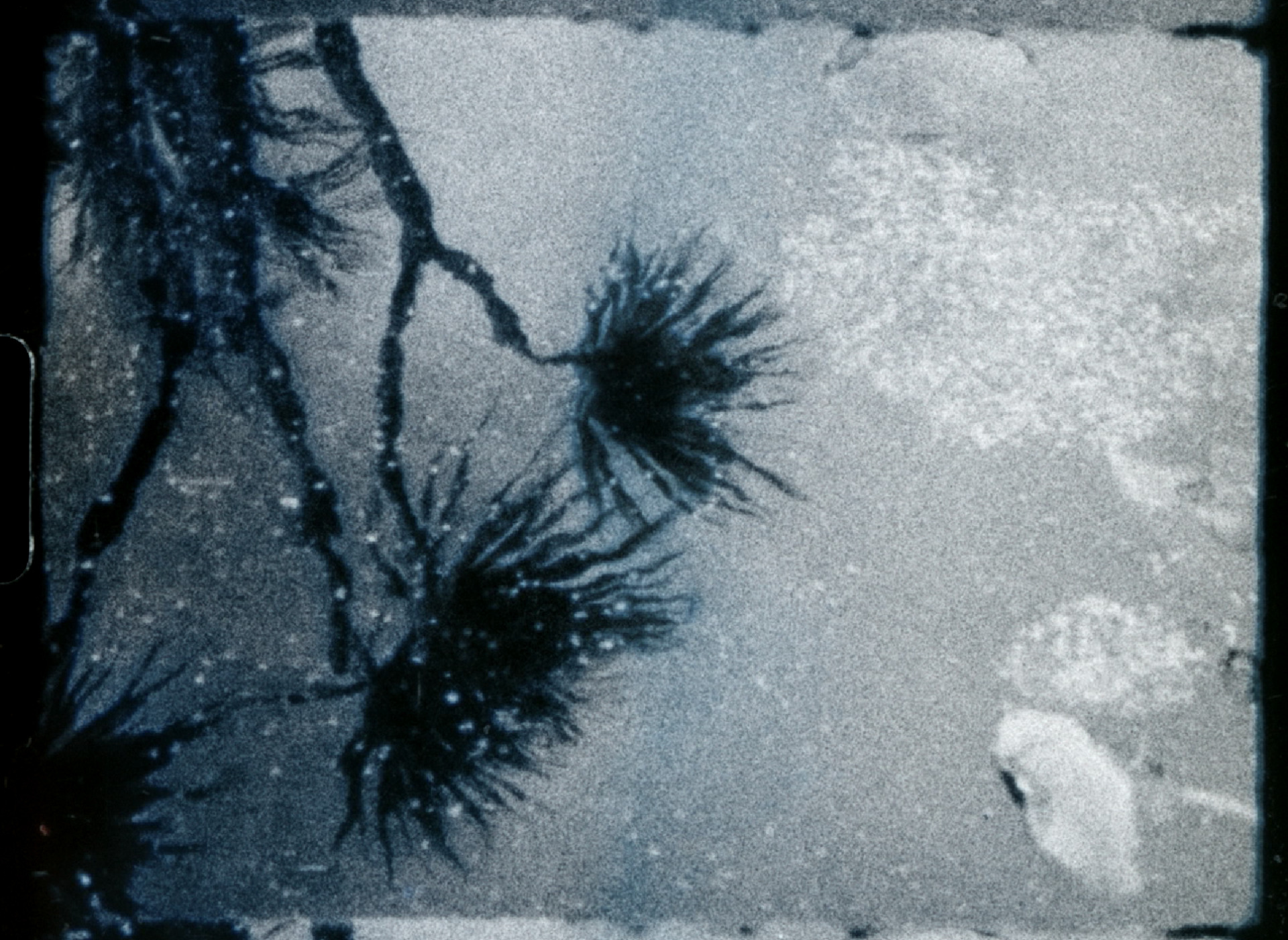
EXPANDED NATURE SERIES AT THE NATIONAL MUSEUM OF NATURAL HISTORY
to Monday, July 14, 2025
A series of screenings curated by Elio Della Noce (researcher in film studies) & Emmanuel Lefrant (Light Cone).
In an era marked by the scope of human actions on the rest of the living world (the Anthropocene), filmmakers engage in ecological practices that usher in a decentering of the privilege attributed to humans. Experimental filmmakers work to broaden our view of nature, and, little by little, their films achieve non-human perception: the "seeing" of an animal, from the house cat's knowing gaze to the multifaceted eye of a bee, or the "sensing" of a plant, from the photosynthesis of a dandelion to the sensitivity of a Mimosa pudica.
These experimental films, whose production requires ingenuity and poetry, invite us to discover new perceptive senses in animals and plants, to become enchanted, to renew our link with other forms of life while participating in contemporary philosophical and scientific research on these questions. The production methods of these films are the basis of a political ecology thanks to artisanal alternatives to productivism, to forming eco-responsible collectives and to an exploration of film processes like "phytography" and "ecoprocessing".
This series accompanies the publication of the collective book Expanded Nature - Écologies du cinéma expérimental, edited by Elio Della Noce and Lucas Murari and published by Light Cone Editions.
Free admission subject to availability (reservations recommended).
